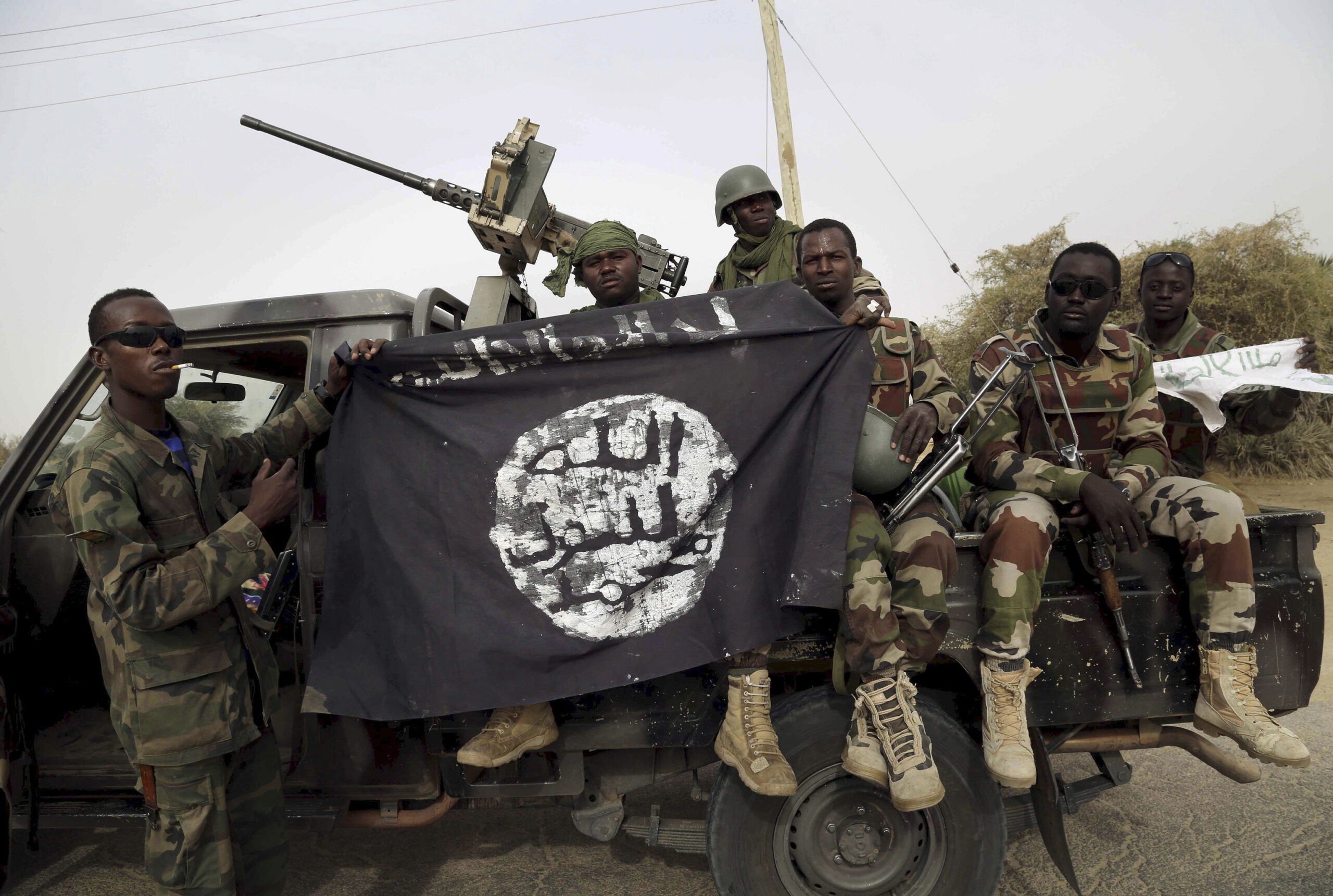Unidentified gunmen abducted 30 wedding guests as they returned home in northwestern Nigeria on Saturday, a civil society leader has reported.
The incident has occurred between the town of Tureta, in the state of Sokoto, and the neighboring city of Bakura, in the state of Zamfara, has indicated the secretary of the Association of Sellers and Repairers of Mobile Phones of Nigeria -group to which they belong the kidnapped people-, Ashiru Shua’ibu.
“The attackers blocked the passage of the two buses in which the victims were travelling,” Shua’ibu added in statements collected this Monday in local media.
55 people were traveling in those vehicles, but 25 were able to escape from their captors shortly after the attack.
Shua’ibu has appealed to the Zamfara State Government and all Nigerian security agencies to rescue members of his organization as soon as possible.
Lawal Ja’o, one of those who were able to escape, told the Nigerian newspaper Premium Times that the attackers fired guns at their vehicles.
“We heard the voices and cries of our co-workers and friends, but there was nothing we could do for them,” Ja’o said.
To protect themselves from the attackers, Ja’o and dozens of other people hid in nearby bushes for hours until security forces arrived at the scene of the incident.
Nigeria’s central and northwestern states are suffering from incessant attacks by ‘bandits’ – the term used in the country to name the criminal gangs that carry out such robberies – and a wave of mass kidnappings for lucrative ransoms.
The violence continues despite repeated promises by Nigerian President Muhammadu Buhari to end the problem and the deployment of more security forces in the area.
Added to this insecurity in northwestern Nigeria is that registered since 2009 in the northeast by the jihadist group Boko Haram and, since 2016, due to its split, the Islamic State in West Africa Province (ISWAP).
Both groups have killed more than 35,000 people and caused some 2.7 million internal displacements, mostly in Nigeria, but also in neighboring countries such as Cameroon, Chad and Niger, according to government and UN data.
Conforms to The Trust Project criteria
















